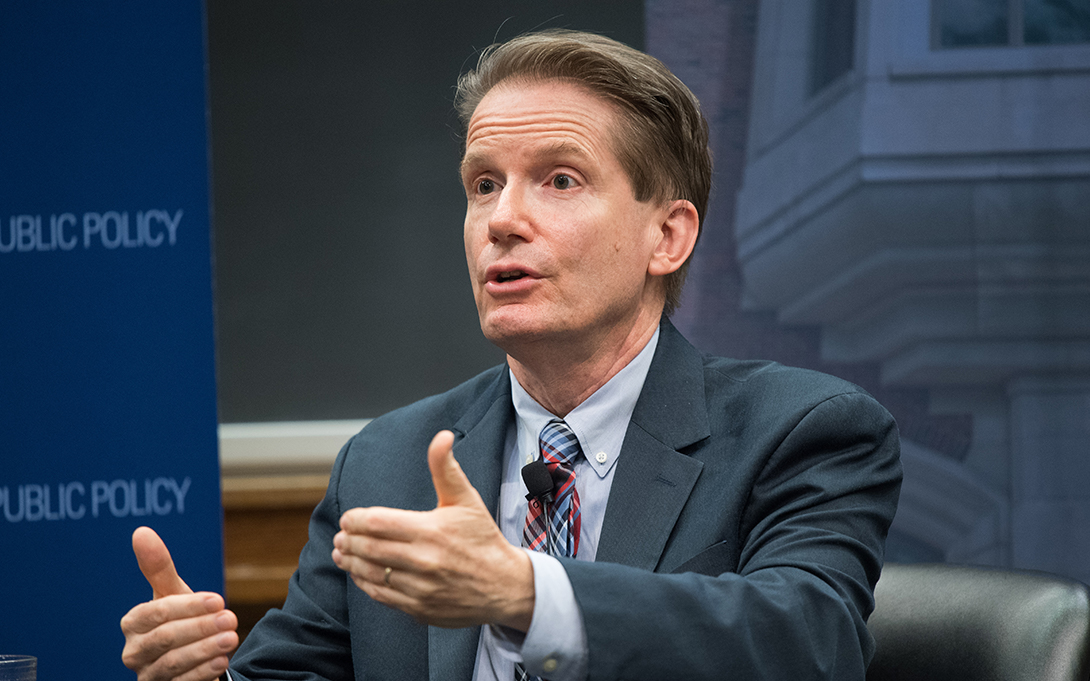
With a historic climate bill being passed by Congress in August, Ford School professor Barry Rabe provided multiple media outlets with his expertise to analyze the bill and its impacts. Here is a compilation of his recent appearances:
How Ford, DTE energy deal will cut carbon emissions, boost state's solar capacity, The Detroit News, August 11, 2022
"We are on the cusp of what some are calling the biggest piece of climate legislation ever passed by an American Congress. But these two major southeastern Michigan firms would be taking this initiative," said Rabe. "I think for Ford, it suggests that they are really doubling down not just on an electric vehicle future, but really trying to implement their carbon emission reduction goals."
The next steps in the fight against climate change after the budget bill, Yahoo News, August 15, 2022
“What becomes really interesting essentially the minute after this legislation is approved and signed... [is] how far can the Biden administration go on its own through use of the Clean Air Act or anything else?” Rabe said. “We’re going to see a number of steps to use regulatory powers that will test what the courts are going to allow.”
The climate law's methane catch, Politico, August 22, 2022
"The methane fee has clearly over time been watered down from original intent. There are some real gaps in it in terms of the number of producing firms that are exempt. It further positions the U.S., after decades of dawdling on methane, to begin to make some serious progress," Rabe said.
The climate law will help red states. Can it change minds?, E&E News, August 24, 2022
“The irony here is there’s considerable reason to think that many of the states and legislative districts with elected officials who voted against the legislation will be major beneficiaries, perhaps the most significant ones,” said Barry Rabe, a University of Michigan political science professor who studies energy and climate politics.
“Part of the political premise of this is that the subsidy approach is a way to build a constituency over time as those benefits or credits are distributed around congressional districts. The next decade really becomes a test of that proposition.”
World Insights: Partisan politics, lobby groups dim U.S. prospects to honor climate pledges despite new bill, XinhuaNet, August 26, 2022
"Much of this is focused on reducing carbon emissions through a series of tax incentives... But it also includes a fee on methane emissions, which would produce a more rigorous measurement system and provide incentives for reducing emissions. Along with some earlier steps taken by the Biden Administration, this would represent a very significant advance on methane."

